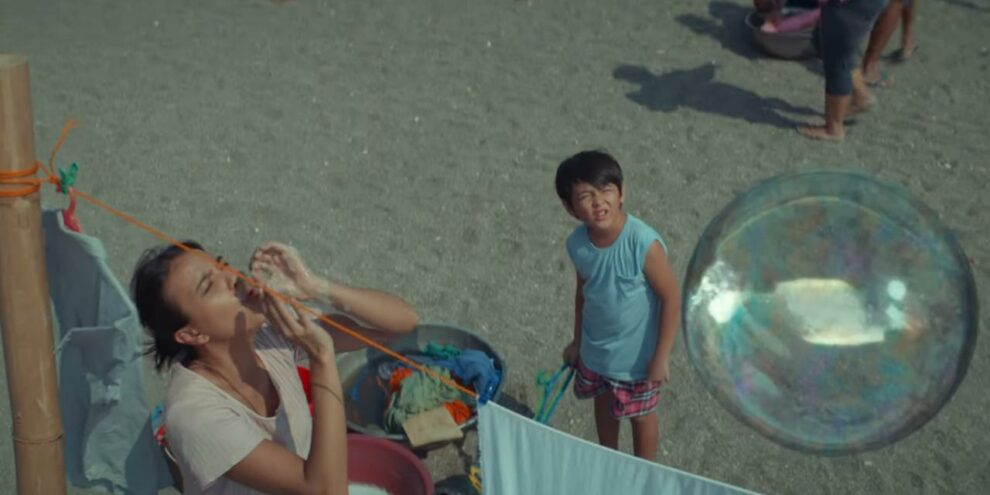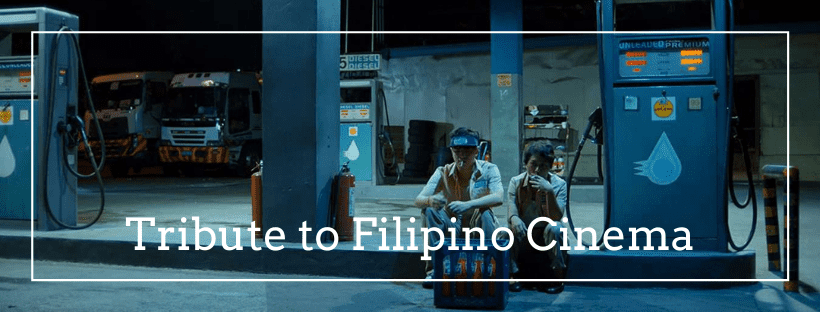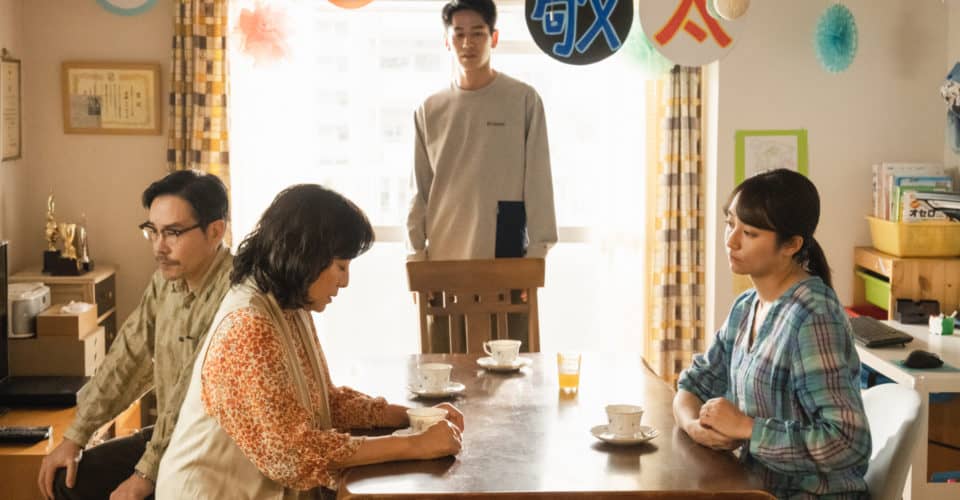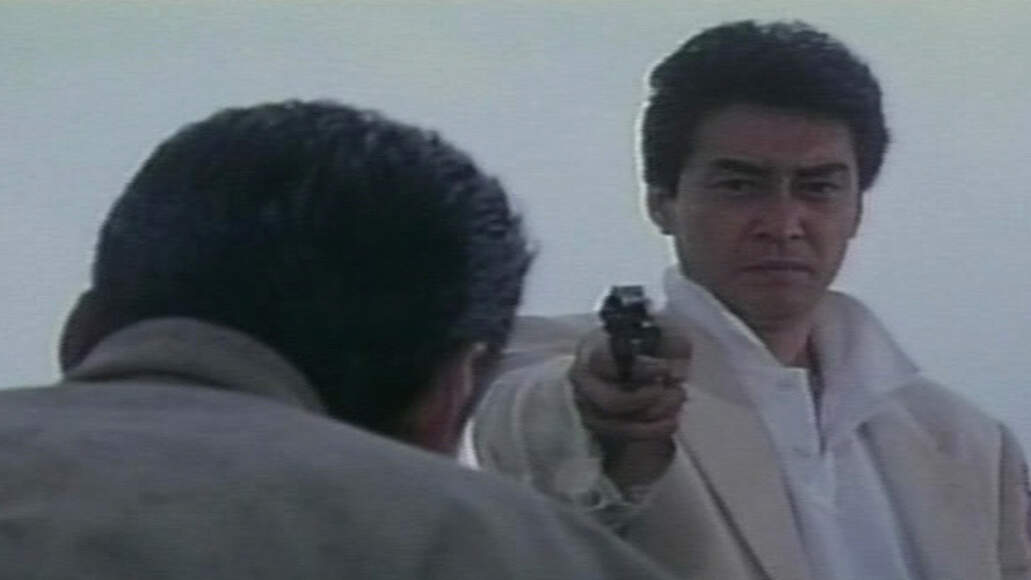Winner of Best Film in this year's Metro Manila Film Festival, “Firefly” is equally a fairy tale, a road movie and a family drama, with Zig Dulay combining the genres in mainstream fashion.
Although initially starting with a journalist “interrogating” a successful author regarding the originality of his rather successful book, while the writer fully explains himself, the story moves into his past as a child nicknamed Tonton in 1999. The little boy lived in the slums with his mother and was bullied in school, but found solace in her bedtime stories and particularly the one about the presence of fireflies in a magical cave in the distant Ticao. After a family tragedy, young Tonton decides to find the particular cave, and, in the process, picks up a crew of adult companions, including Louie, Billy and Ericka, all of which find themselves bonding after a fight among them in the bus that had them ousted from the vehicle. As they help the boy reach his destination, they also manage to come to terms with their own issues.
Check the interview with the director
Although the movie begins as a comment on the whole concept of plagiarism, and particularly the role the press and critics play, as soon as the timeframe changes to the author's childhood, the rest of the genres take over. As such, a family drama about a sick single mother trying to raise her child gives its stead to a road movie, which eventually becomes a fable only to be later revealed as something darker, in one of the most appealing aspects of the movie. Through this approach, Dulay also manages to eloquently present some comments about the lower part of Filipino society, including the people who live in the slums, the ones who have served time in jail, as much as the ways youths try to survive nowadays, not always in the most benevolent ways. At the same time, and despite the aforementioned issues, Dulay also highlights the will of everyone to help each other instigated by the way they feel for Tonton's struggle, in an approach that seems somewhat romanticized but it is not that far from reality actually.
Furthermore, the road movie aspect allows him to show a number of different locations in the country, from the labyrinthic Manila slums to the idyllic islands, with the common element of the sea highlighting the connection of both. In that regard, the movie benefits the most by Neil Daza's cinematography, who manages to show both the ugliness and the beauties of the country with the same artistry, while retaining the rather appealing sense of fableness, particularly through the overall coloring. At the same time, the transition to something darker, the inclusion of SFX in key moments and the difference in both visuals and directorial approach applied to the initial interview that appears throughout the movie add even more to the overall visual and contextual approach here, with Benjo Ferrer's editing combining all the aforementioned ideally, through a relatively fast pace that also suits the overall aesthetics here.
The acting is also on a very high level. Alessandra De Rossi as Tonton's mother is excellent, retaining a sense of measure throughout the movie, with her chemistry with Euwenn Mikael as Tonton being great, as is actually the deal among the young boy and the rest of the actors. Epy Quizon as Louie provides the most appealing secondary arc, while the way Miguel Tanfelix as Billy and Ysabel Ortega as Ericka start as enemies before they become comrades, is also rather appealing to watch.
On the other hand, the melodramatic moments are not missing, also instigated by the intense use of music, while the story does not stand up to much scrutiny, particularly regarding its realism, and a number of cliches and crowd pleasing elements are definitely included, forcefully one may say.
As a whole, however, and as a sample of Filipino commercial cinema, “Firefly” definitely makes sense, fulfilling the quintessential role of the particular type of cinema, which is to entertain, to the fullest.
















